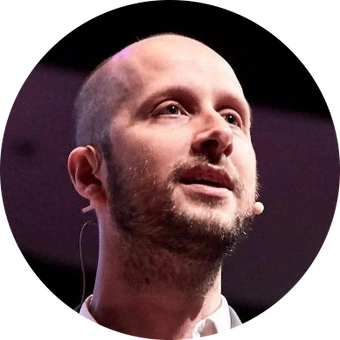Back End Software Engineer II - Security for CoPilot

Microsoft
Back End Software Engineer II - Security for CoPilot
Redmond, Washington, United States
Save
Overview
Security represents the most critical priorities for our customers in a world awash in digital threats, regulatory scrutiny, and estate complexity. Microsoft Security aspires to make the world a safer place for all. We want to reshape security and empower every user, customer, and developer with a security cloud that protects them with end to end, simplified solutions. The Microsoft Security organization accelerates Microsoft’s mission and bold ambitions to ensure that our company and industry is securing digital technology platforms, devices, and clouds in our customers’ heterogeneous environments, as well as ensuring the security of our own internal estate. Our culture is centered on embracing a growth mindset, a theme of inspiring excellence, and encouraging teams and leaders to bring their best each day. In doing so, we create life-changing innovations that impact billions of lives around the world.
The AI Evaluation team ensures that Security Copilot, Microsoft's GenAI platform, delivers adaptive and intelligent experiences by leveraging feedback loops, analytics, and AI evaluation techniques. Our focus areas include: Developing tools that enable human-in-the-loop manual tagging, automated tagging, and signal generation to refine model quality through reinforcement learning. Delivering user analytics and predictive insights to empower multiple stakeholders: Product teams for strategic decision-making. Engineering teams to optimize AI-driven customer interactions. Role Overview: We’re looking for a Back-End Software Engineer II to help build features that drive productive experiences in Security Copilot. In this role, you’ll design and develop scalable systems that enhance the user experience through tailored AI interactions and high-quality responses. Your work will directly impact how customers engage with Security Copilot and help shape the future of AI-driven security experiences.
Microsoft’s mission is to empower every person and every organization on the planet to achieve more. As employees we come together with a growth mindset, innovate to empower others, and collaborate to realize our shared goals. Each day we build on our values of respect, integrity, and accountability to create a culture of inclusion where everyone can thrive at work and beyond.
Qualifications
Required Qualifications:
-
Bachelor's Degree in Computer Science, or related technical discipline AND 2+ years technical engineering experience with coding in languages including, but not limited to, C, C++, C#, Java, JavaScript, or Python
OR equivalent experience.
- 2+ years of experience designing, developing, or maintaining secure software systems, with applied knowledge of authentication, data protection, access control, and secure coding practices.
- 2+ years of experience working with distributed data processing frameworks such as Apache Spark, Databricks, or similar technologies to transform and manage large-scale datasets.
- 2+ years of experience designing and developing scalable solutions using microservices architecture and related technologies (e.g., REST, gRPC, Docker, Kubernetes).
Other Requirements:
Ability to meet Microsoft, customer and/or government security screening requirements are required for this role. These requirements include but are not limited to the following specialized security screenings:
- Microsoft Cloud Background Check: This position will be required to pass the Microsoft Cloud Background Check upon hire/transfer and every two years thereafter.
Certain roles may be eligible for benefits and other compensation. Find additional benefits and pay information here: https://careers.microsoft.com/us/en/us-corporate-pay
Multi reqs: Microsoft will accept applications and processes offers for these roles on an ongoing basis.
#MSFTSecurity
Responsibilities
- Write clean, efficient, and maintainable code to support various software features and data-related workflows.
- Work closely with senior engineers to develop and improve product features.
- Participate in testing and validating new features, including assisting with experiments and analyzing results.
- Collaborate with cross-functional teams, including research, product, and partner engineering groups.
